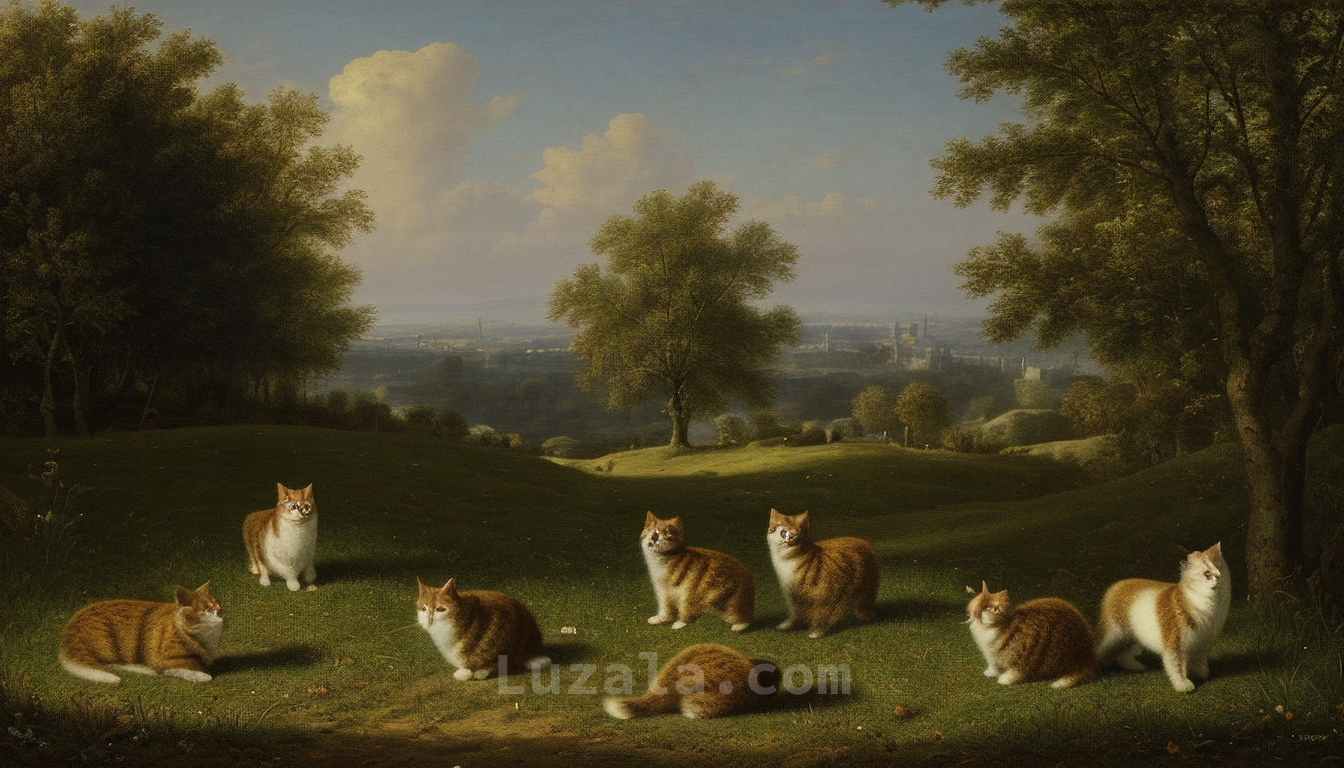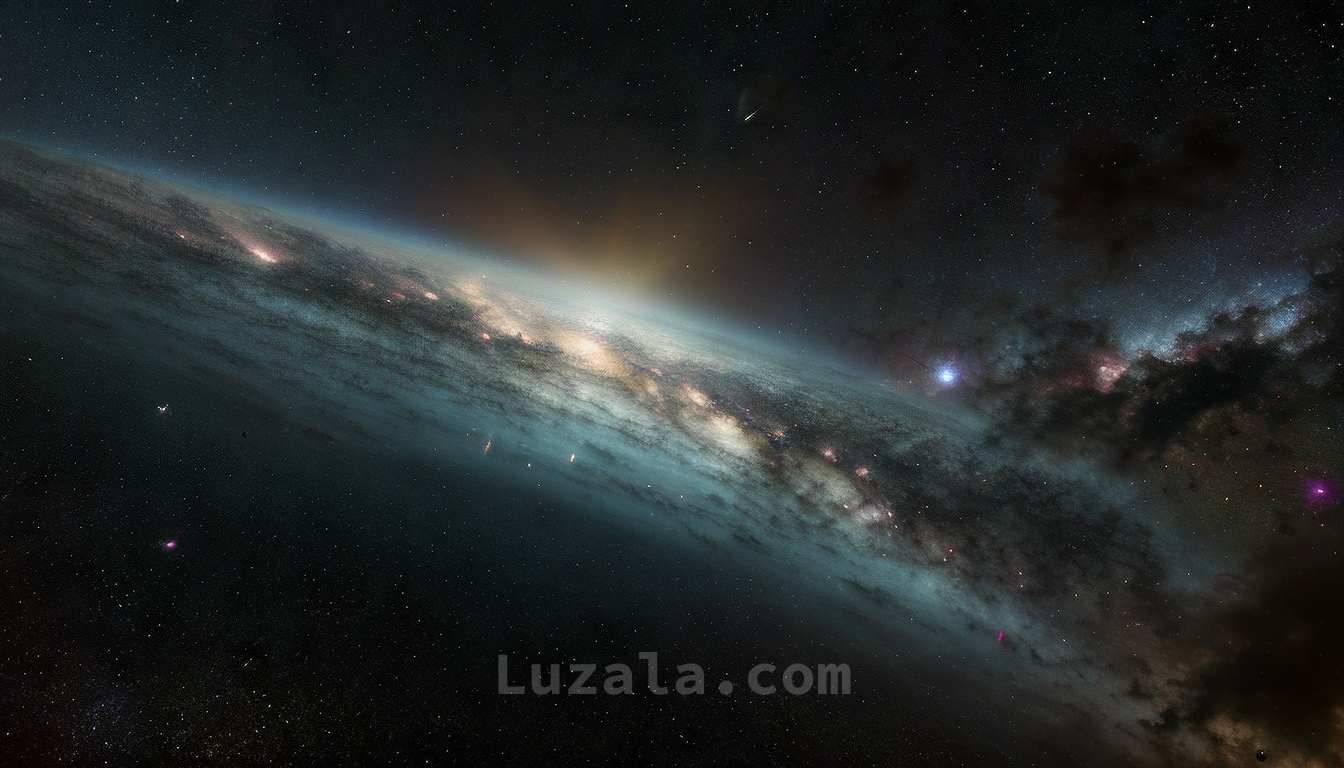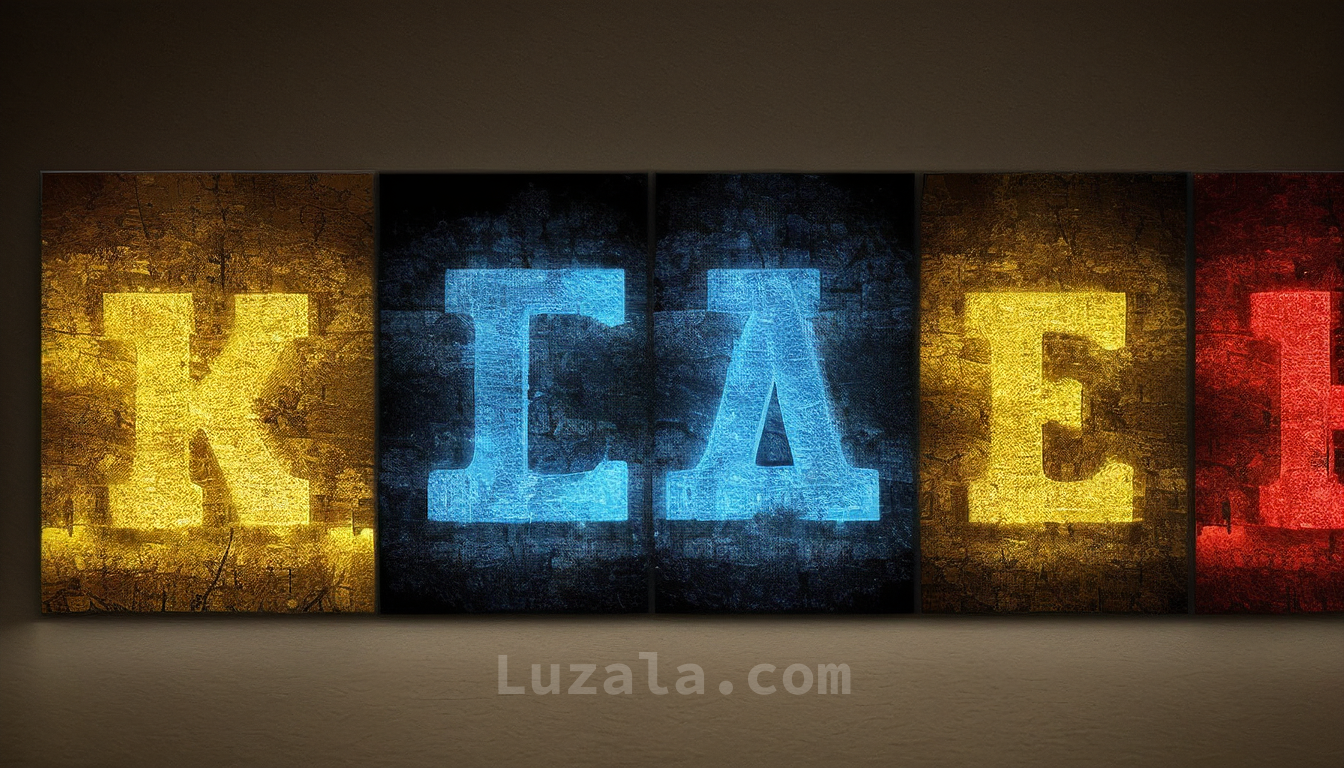AI Ethics Alert: ChatGPT Accidentally Embedded in Published Academic Paper
Controversy surrounds a recent academic paper as authors surreptitiously used ChatGPT AI content. Guillaume Cabanac continues to expose AI-generated manuscripts, raising concerns about integrity in research.
In a recent development, a paper published in the journal Physica Scripta stirred controversy when it was revealed that the authors had incorporated text generated by the ChatGPT AI model without proper disclosure. Guillaume Cabanac, a computer scientist known for his work in integrity investigation, initially identified the issue, shedding light on the increasing influence of generative AI in the academic world.
The inadvertent inclusion of the ChatGPT-generated content within the paper raised ethical concerns. Kim Eggleton, the head of peer review and research integrity at IOP Publishing, the publisher of Physica Scripta, stated unequivocally that this constituted a breach of their ethical policies, highlighting the gravity of the situation.
As a consequence of the failure to declare the use of the AI chatbot, the paper was subsequently retracted. This incident has sparked a debate about the role of generative AI in academia, with some viewing it as a minor issue while others consider it a harbinger of what lies ahead.
Since 2015, Guillaume Cabanac has been on a mission to uncover academic papers that do not openly acknowledge their reliance on AI technology. At the time, AI was still in its infancy in the field of research. However, as AI models have evolved from generating nonsensical text to producing human-like compositions, Cabanac's task has become more challenging. Nevertheless, his determination to expose AI-generated manuscripts remains unwavering, and he has successfully unearthed numerous such instances.
Cabanac's pursuit primarily targets deceptive publications that conceal their use of AI. Many authors have become more adept at camouflaging the AI-generated sections, avoiding blatant mentions like "as an AI language model." However, these attempts at deception are not foolproof, and Cabanac continues to identify these cases. Recently, he uncovered another paper in the journal Resources Policy that contained telltale signs of AI involvement. The publisher is currently investigating this incident.
One significant challenge posed by AI-generated content is its potential to distort facts and produce erroneous technical language and equations in scientific papers. Cabanac's discovery of nonsensical equations in the Resources Policy study exemplifies this issue, raising concerns about the reliability of AI-generated research.
Furthermore, AI models, including ChatGPT, are susceptible to generating false claims, a phenomenon that can be described as "hallucinating." For instance, a preprint paper came under scrutiny when a Danish professor noticed that it cited non-existent papers under his name, partially revealing its AI-generated origins.
These incidents are particularly concerning given the rigorous nature of the peer review process that scholarly articles should undergo. The fact that AI-generated content is slipping through the cracks suggests a potential gap in the system. It's possible that not everyone is fully aware of the ubiquity of AI technology in research, or peer reviewers may be overwhelmed and lack the time to thoroughly scrutinize papers for AI involvement.
David Bimler, a researcher specializing in detecting fake papers, pointed out that the "publish or perish" culture in academia may contribute to this issue. With a growing number of papers to review and limited resources, reviewers may struggle to keep up with the evolving methods used to obfuscate AI-generated content.
In summary, the incident involving the ChatGPT-generated content in an academic paper has raised questions about the integrity of scholarly publishing in the age of AI. While AI's capabilities continue to evolve, the academic community must grapple with how to adapt peer review processes to effectively detect and address AI-generated content.
Download your fonts:
Whiteboard Font - Free Download
Jesica Justine Font - Free Download
Mandala Birthday Font - Free Download
Baby Amber Font - Free Download
Spider in Sparkle Font - Free Download
Sweet Taro Font - Free Download















Comments